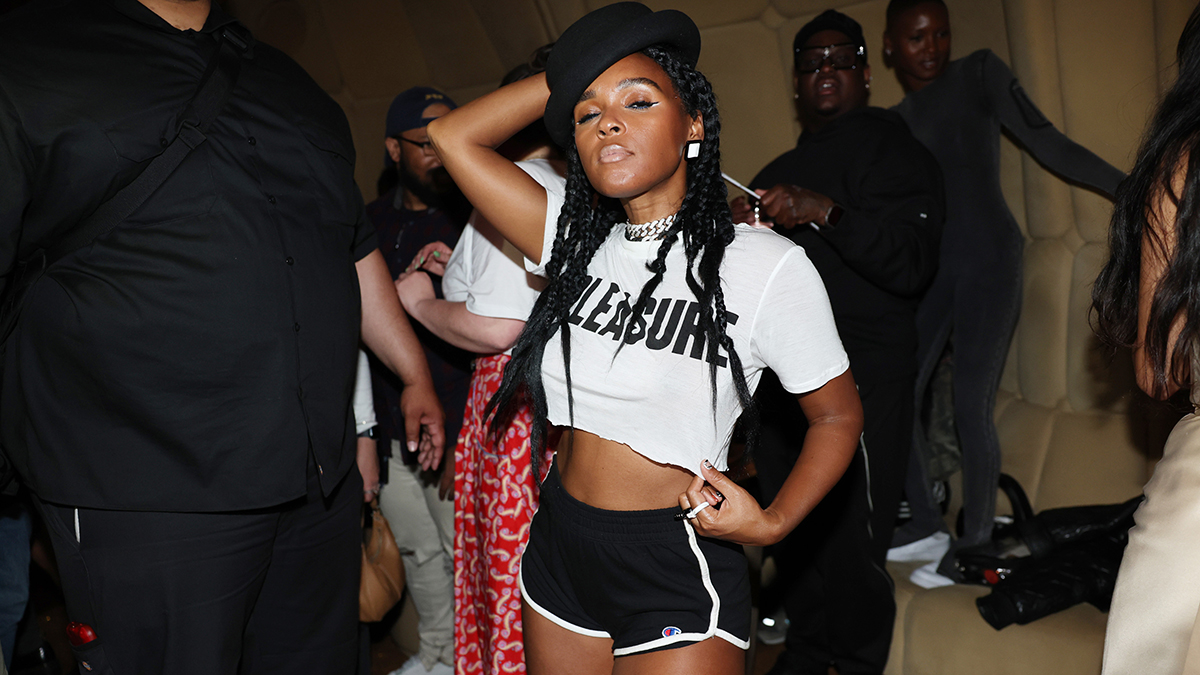“We’re going to live in a world where you can’t differentiate The Beatles from the AI Beatles,” says Janelle Monae, as she reveals the advice that Prince used to give his band
As she releases new album The Age Of Pleasure, the star has been chatting - and jamming on guitar - with Zane Lowe
Want all the hottest music and gear news, reviews, deals, features and more, direct to your inbox? Sign up here.
You are now subscribed
Your newsletter sign-up was successful
When it comes to music, it’s often said that ‘less is more’, and Janelle Monae has revealed that Prince’s advice to his band was often to “cut everything down in half”.
Speaking to Zane Lowe on Apple Music, the star recalled: "That's what Prince would say to his band. He would be like, sometimes when people have jitters or are nervous or whatever, they play too fast or they're talking fast. He's like, 'Cut everything down in half.' And I take that approach in life - cut everything down in half. Sometimes you’ll have to say no and you’ll miss out on opportunities that you think could have taken you to the next level because it’s always like ‘what if’. That fear, you gotta deal with that.”
Prince was a big supporter of Monae, and featured on Givin’ ‘Em What They Love, the second track on her 2013 album The Electric Lady. And in 2018, when she was releasing follow-up album Dirty Computer, Monae confirmed to The Guardian that “Prince was helping me with the album, before he passed on to another frequency.”
The interview with Lowe begins with Monae accompanying herself on guitar as she sings Lipstick Lover, her recent single. Lowe even joins in on his own acoustic (which he just happened to have lying around, presumably).
Inevitably, the pair also discuss the disruptive potential of AI. “It’s not going away,” says Monae, who has previously adopted the ArchAndroid persona of Cindi Mayweather. “We’re going to live in a world where you can’t differentiate The Beatles from the AI Beatles from The Beach Boys. If they put it out and you hear it and you’re like ‘that’s really them.’”

Want all the hottest music and gear news, reviews, deals, features and more, direct to your inbox? Sign up here.

I’m the Deputy Editor of MusicRadar, having worked on the site since its launch in 2007. I previously spent eight years working on our sister magazine, Computer Music. I’ve been playing the piano, gigging in bands and failing to finish tracks at home for more than 30 years, 24 of which I’ve also spent writing about music and the ever-changing technology used to make it.